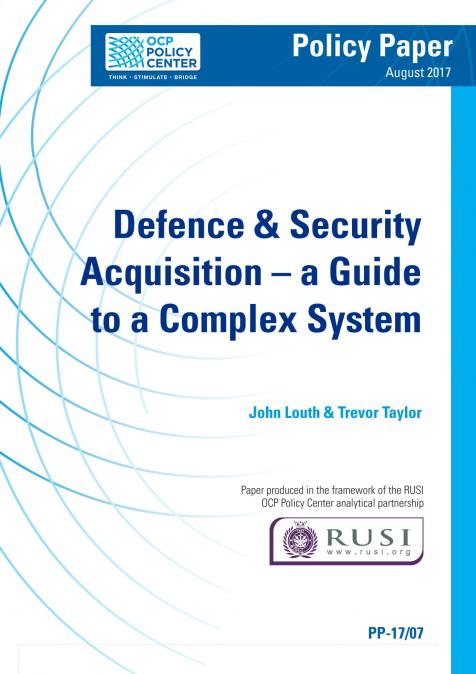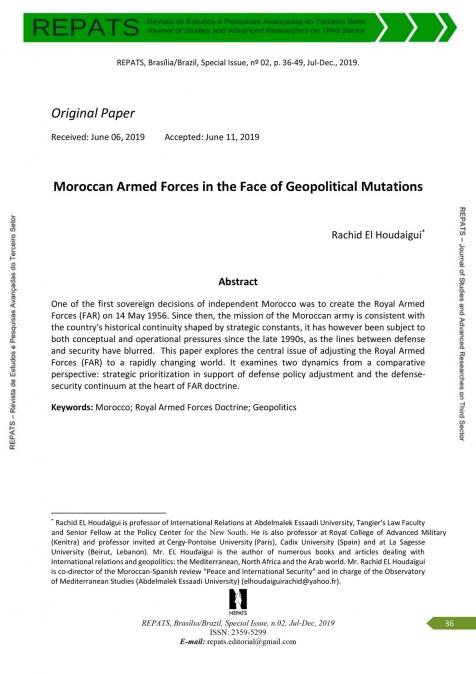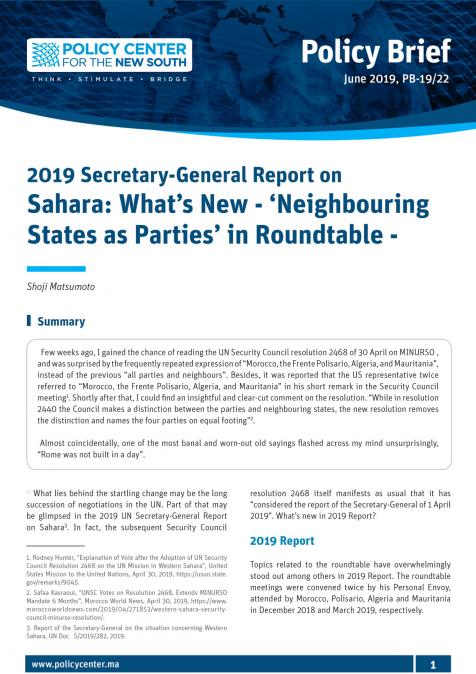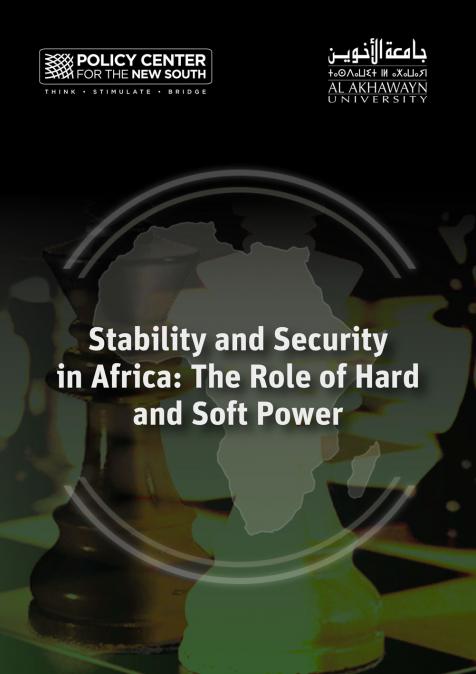Publications /
Policy Paper
This paper reports on the vital relationship between government and defence industries, and how the core features necessary for defence and security capabilities can be delivered in the national interest. The paper will examine how a defence acquisition process can be set up so as to enable defence businesses to thrive within and beyond national borders, and to ensure that they support the forward plans of government, the military and security services.
Taking a seven stage approach, this paper will define the whole of the defence acquisition process. It will start by focusing on the importance of defence capability requirements, as framed through a conventional Western taxonomy. It will then address the approvals process by decision makers at Ministry and governmental level, through which verification is obtained that the requirements meet defence policy, are feasible and affordable. The paper will then look at how the approvals process leadings to the start of the procurement stage, and after this how the support needs will be address. Approaching the end, the paper will then address the disposal requirements. Finally, it will study how all these tasks should be executed in an integrated and coherent fashion by the defence community, and the international dimension to many projects involving other partner governments.
In summary, the paper will introduce the reader to acquisition and through-life capability management in a systemic and comprehensive manner, but it should not be taken as an exhaustive map of the field. The topics examined are often contentious and there are many ways that states generate force capabilities; still, this paper offers a sensible and well-tested approach to defence acquisition, formed through Western experience.







